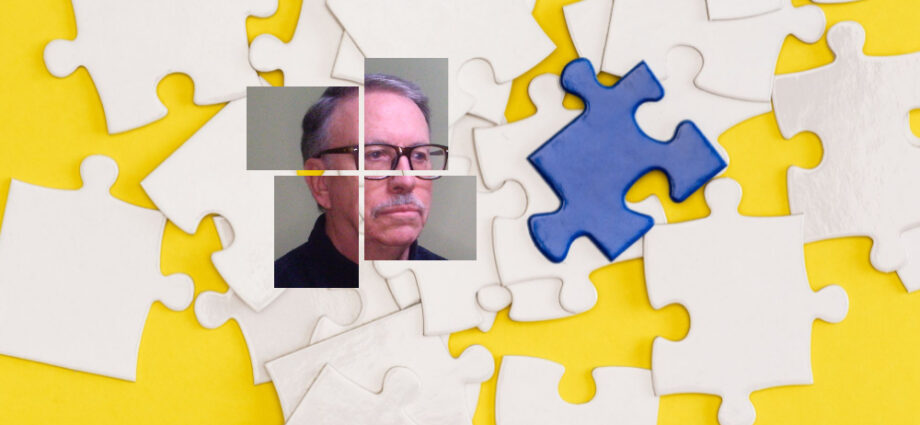Social media and the internet have made it easier to spread false information. It has become a pressing concern, making the need for media literacy more important than ever.
Individuals must develop the ability to critically analyze and evaluate the information presented in various forms of media, including news articles, videos, and social media posts. It involves understanding the motives behind the creation of content, recognizing potential biases, and verifying the accuracy of the information before accepting it as truth.
One of the key aspects of media literacy is the ability to identify misinformation and disinformation. Misinformation refers to false or inaccurate information that is unintentionally spread, while disinformation involves the deliberate spreading of false information to deceive or manipulate the audience. Both can have detrimental effects on individuals and society as a whole, leading to confusion, division, and a lack of trust in credible sources of information.
By developing media literacy skills, individuals can become more discerning consumers of information, less susceptible to falling victim to misinformation. They can critically evaluate the credibility of sources, cross-check information with reliable sources, and consider the context in which the information is presented. This empowers individuals to make informed decisions and form opinions based on accurate and reliable information.
Educational institutions play a crucial role in promoting media literacy among students. By integrating media literacy education into the curriculum, students can learn to critically engage with media, understand the ethical implications of media production and consumption, and become responsible digital citizens. This equips them with the necessary tools to discern fact from fiction and actively participate in shaping a more informed society.
Furthermore, media literacy empowers individuals to become active contributors to the fight against misinformation. By sharing fact-checked and credible information, promoting critical thinking, and engaging in constructive discussions, individuals can help counter the spread of misinformation within their communities and online networks.
A graduate of the University of Waterloo, I have been a member of the Professional Engineers of Ontario since 1982 (Now designated Retired). A member of The Association of Ontario Locksmiths, I have been active in the Locksmith trade since 1985







Comments are closed, but trackbacks and pingbacks are open.